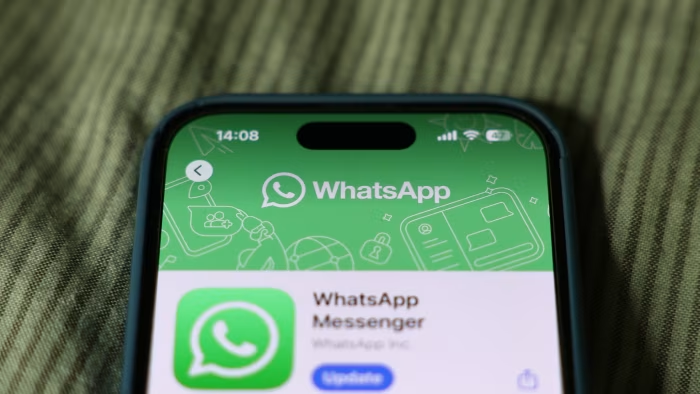Ghaziabad – In a serious cybercrime incident in Indirgarhi, local resident Vedprakash became a victim of online fraud after clicking a suspicious link shared in a WhatsApp group. The link, labeled “PM Yojana 13”, contained an APK file and was posted in a group associated with the Indian Kisan Yuva Jagrook Sangathan.
Within just five minutes, cybercriminals hacked Vedprakash’s mobile device and executed four UPI transactions, siphoning a total of ₹2.70 lakh from his bank account. The unauthorized transactions went unnoticed until around 11 PM, when his son checked the mobile device and discovered the fraud.
Complaint Filed, Police Launch Investigation
Vedprakash immediately approached Masuri Police Station to file a complaint and demanded swift action against the perpetrators. Authorities confirmed that the bank account from which the funds were transferred is being thoroughly investigated. Police assured that efforts to apprehend the culprits are being expedited.
FCRF Launches CCLP Program to Train India’s Next Generation of Cyber Law Practitioners
Cybersecurity Alert: Awareness is Crucial
Experts warn that clicking unknown links or downloading APK files from unverified sources is extremely risky. Cybercriminals often exploit the names of government schemes or festival-related offers to lure unsuspecting users into financial traps.
Authorities advise citizens to exercise caution when interacting with any suspicious link or file, even if it appears to come from a trusted WhatsApp group or contact.
Precautionary Measures
1. Download apps only from trusted sources or official app stores.
2. Monitor bank accounts and UPI transactions regularly.
3. Verify any suspicious message or link with your bank or relevant authorities before taking action.
4. Use antivirus or mobile security applications to detect and prevent unauthorized activity.
5. Educate family members, especially senior citizens, about the risks of clicking unknown links.
Rising Threat of Mobile Cybercrime
This incident highlights the growing sophistication of cyber fraud targeting mobile users in India. Hackers increasingly use social engineering tactics, leveraging urgency, familiarity, and official branding to defraud victims within minutes.
Experts emphasize that a single click on a malicious link can compromise both personal data and financial security, making vigilance and proactive protection essential.
Conclusion: Digital Vigilance is Essential
The Ghaziabad case serves as a stark reminder that online security is now a critical aspect of daily life. Users must avoid suspicious links, verify their authenticity, and implement robust digital safeguards to protect personal information and finances.
“Even a momentary lapse in digital awareness can result in significant financial loss,” cybersecurity specialists warn.
“Vigilance, verification, and security practices are now essential tools for every mobile and internet user.”
In an era of increasing digital transactions, citizens are urged to treat all unknown links with suspicion and prioritize cybersecurity as an integral part of their online activities.


